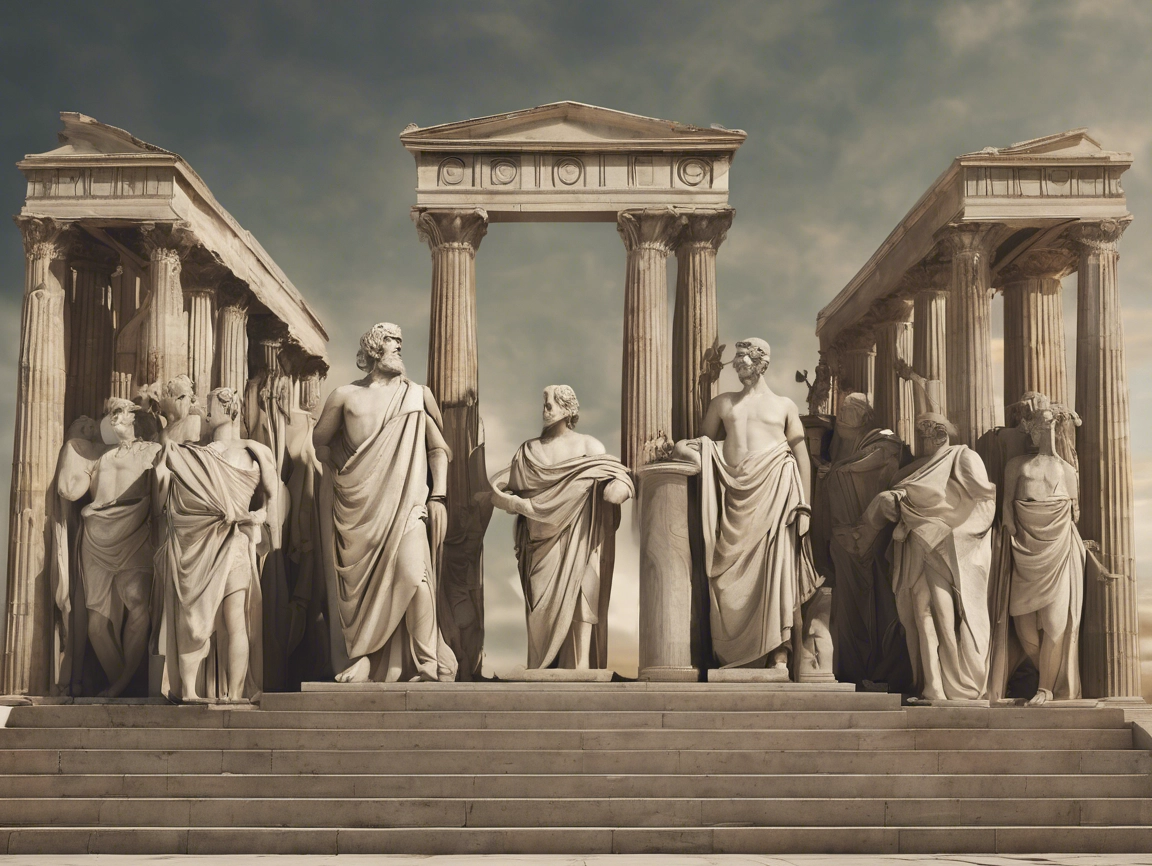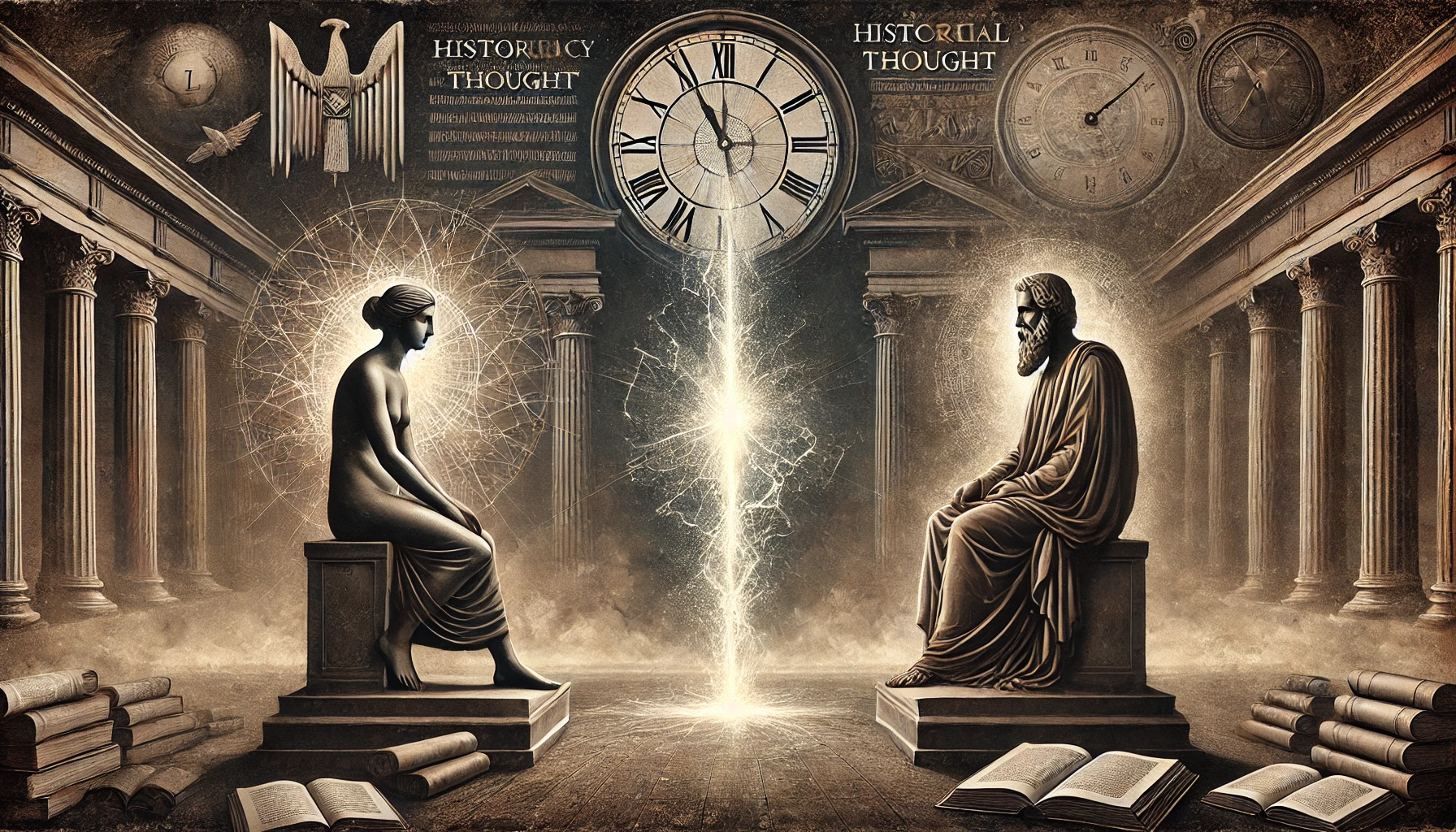Philosophy
-

Meaning in Conceptual History: A Dialogue between Gadamer and Koselleck
By: M. Azzam Rakan Noor In approaching a particular event or term, it is said that historians have to be accurate and non-influential–nonpartisan. However, it is still debatable how historians should be purely objective or should involve various essences of subjectivity, i.e prejudice, in order to analyse thoroughly. One example is how Gadamer’s hermeneutics and…
-

Exuviation of Competences, Demos and Res Publica: The Case of Dynasty Politics
By: Jonathan Kay The striking difference between democracy—although it acts as a minus malum—and various other political systems, is public participation. In procedural, electoral, and ideational settings, citizen participation is necessary. Therefore, the process is also relatively transparent and free from any sort of corruption, collusion, or nepotism frills. Democracy requires a large audience of…
-

‘Connection’ in Milan Kundera’s ‘The Unbearable Lightness of Being’
By: Muhammad Azzam Rakan Noor Disclaimer: Spoilers ahead There are many ways to connect with your surroundings, whether it is through physical experiences or deeper, your soul. But truly connecting with another soul requires lowering expectations and embracing the painful, yet transformative, process that comes with it. This was one of the first thoughts that…
-
PPE Presidential Elections Vision Summary
Dear PPE students, From The Karlovian, we understand the importance independent media has in democratic elections. That is why, understanding our role in our community we have committed ourselves to bringing the PPE Presidential elections of 2025 closer to you. In this first article you will find the positions and ideas of the running candidates…
-

Justice, Power, and Virtue: Exploring Classical Perspectives, Plato’s Dualism, and the Totalitarian Debate in the Republic
By: Ivan Alieksieiev The concept of justice, a cornerstone of philosophical inquiry, has been interpreted in myriad ways throughout history, reflecting its complexity and enduring relevance. This text examines classical perspectives on justice, focusing on the contributions of figures such as Polemarchus, Thrasymachus, and Glaucon, before delving into Plato’s vision in the Republic. Plato’s conception…
-

Historicism: Leaving Philosophy for Empirical Inquiry in the Study of History
By: Muhammad Azzam Rakan Noor History is an innate aspect of human evolution, always approximating it as a social being. Besides its purpose to understand the past better, it also functions as an approach to the upcoming event, as a “guideline” for foreseeing or even constructing the upcoming civilization. But of course, no such thing…
